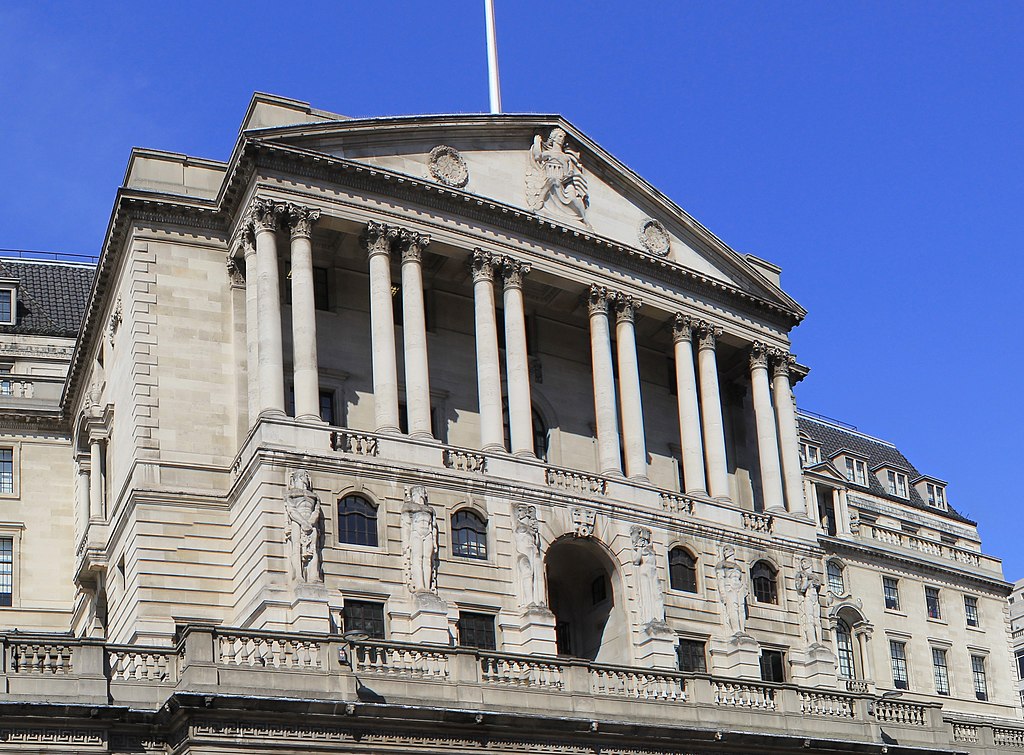Matthew Ryan, head of market strategy at global financial services firm Ebury, anticipates that the central bank will hike interest rates to around 6.35% within the first three months of next year.
Mortgage rates in the United Kingdom have reached a 15-year high, adding pressure on homeowners and slowing the housing market. According to data from Moneyfacts, the average two-year fixed rate for residential mortgages has now peaked at 6.66%, a little increase from the 6.63% it recorded on Monday, July 10. Last year on October 20, the mortgage rates were at 6.65%. However, the new rates represent the highest level homeowners in the UK have seen since August 2008, during the global financial crisis, bringing mortgage costs to their highest levels for nearly two decades.
UK Housing Market Attempted a Comeback Early This Year
The country’s housing market has been on a roller coaster ride recently. After a turbulent start to the year, the market began to recover in early 2023. However, the recovery has been short-lived, as homeowners and buyers have recently faced renewed mortgage pain.
Get in touch with Mortgage Broker UK today to discuss your residential and Buy to Let Mortgage requirements.
The rise in mortgage rates in the UK is driven by several factors, including rising inflation and expectations that the Bank of England (BoE) will continue to raise interest rates to bring inflation under control. The BoE has expanded its base rate many times since December, and the central bank is still expected to increase the rates further to keep inflation under control.
Last month, the BoE hiked its base rate to 5%. The new rate marked its highest level in 13 years. Economists believe the base rate could rise to as high as 6% by the end of the year. The rate increment has caused mortgage rates to surge, making it more expensive for people to borrow money to buy a home. As a result, house prices have begun to fall, and the number of mortgage approvals has declined.
Experts Warn of Further Pain for Mortgage Holders in the UK
According to reports, experts are warning that the rising cost of mortgages could significantly impact mortgage holders. Danni Hewson, head of financial analysis at AJ Bell, an investment and stock broker company, said on Tuesday:
“Mortgage payers are marching towards fixed rate renewal dates with a sense of dread.”
She believes that the mood in the market is changing and that bad news is becoming more commonplace.
Another expert, Matthew Ryan, head of market strategy at global financial services firm Ebury, anticipates that the central bank will hike interest rates to around 6.35% within the first three months of next year.
Read about the UK Housing Market via our Specialist Residential & Buy to Let Division”
“Financial markets are pricing in a peak in UK interest rates of around 6.35% in the first three months of 2024, up from 5% currently,” he said.
Ryan also warned that this could have a massive impact on mortgage holders, as they will see their monthly payments increase.
What Does This Mean for Homeowners?
The rising cost of mortgages is likely to impact homeowners significantly. Those on variable-rate mortgages will see their payments increase as interest rates rise. While those on fixed-rate mortgages will not see their fees increase immediately. However, they will be locked into a higher rate when their fixed-rate period ends.
Discover our Mortgage Broker services
Homeowners struggling to make mortgage payments should contact their lenders for possible solutions. There may be options to help them, such as a payment holiday or a remortgage.
By Chimamanda U. Martha
Source: Coin Speaker





